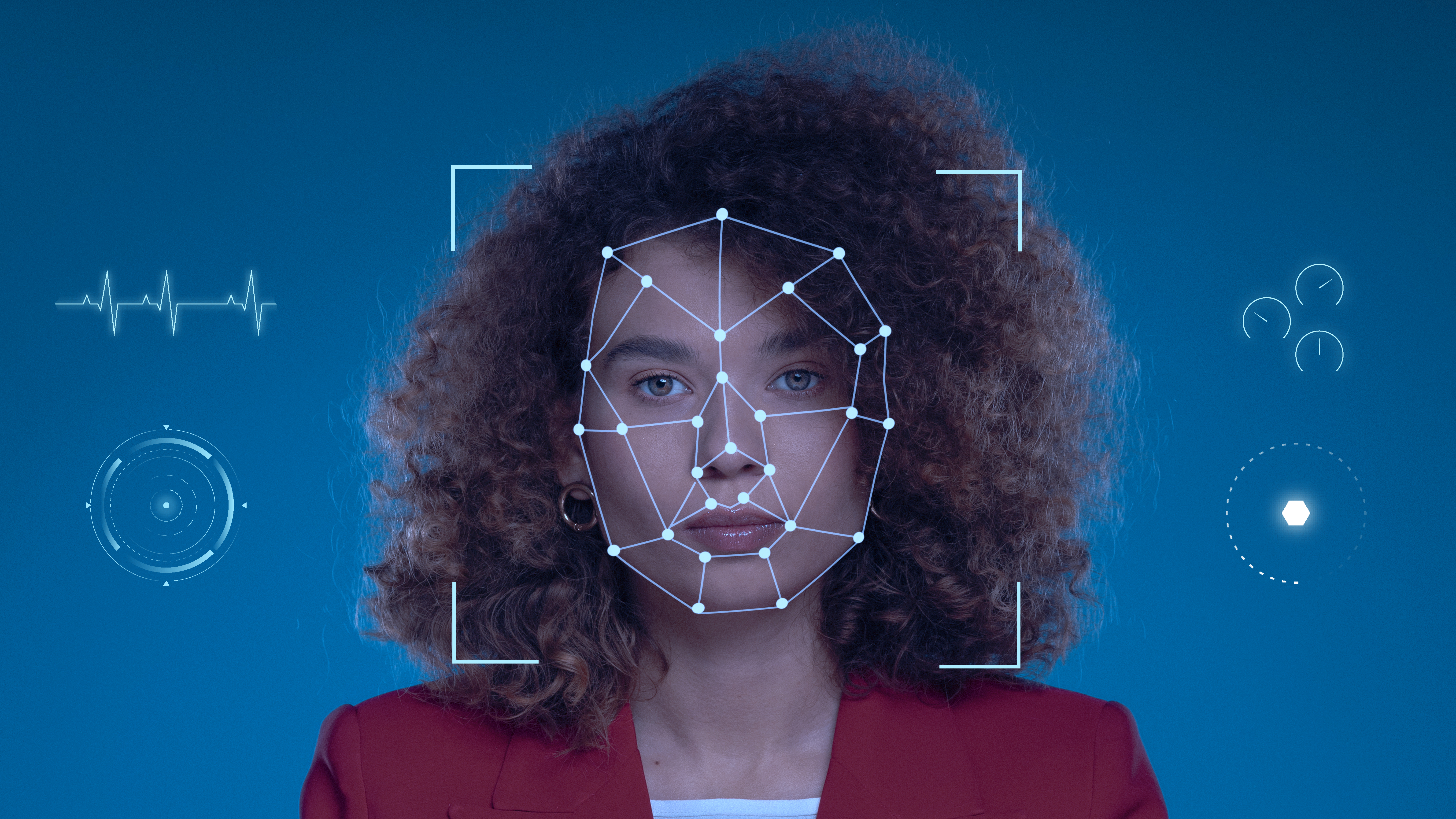Cast your Vote
Posted 3/06/2025
Facial recognition is a technology that can identify people by analyzing their faces. Face recognition is a form of biometrics in that unique biological characteristics of an individual are used. Special algorithms extract facial features and convert them into a mathematical code called a "faceprint," which is compared to images stored in a database.
The faces contained in the database get there multiple ways. Using facial recognition technology on your phone, for example, could be a doorway to your faceprint being shared with third parties, though both Apple and Google contend that your faceprint is kept private. It may be that when you renew your driver's license, your face gets placed in a database because of the Real IDs that are being enforced beginning in 2025. Mugshots are most definitely placed in a database. Several faces end up in a database from surveillance.
After 9/11, the Department of Homeland Security was formed to thwart terrorists operating in the United States. With that mandate came unprecedented surveillance and data collection on individuals. Facial recognition is a very useful tool for the Department of Homeland Security to have at their disposal. Potential terrorists can be spotted as they walk through public places such as airports and shopping malls. Such a technological advance may be exciting, especially for law enforcement. It's a strong deterrent for criminals, as they are less likely to target an area that they suspect is under surveillance.
Most times you are on camera everywhere you go - from the grocery store to withdrawing cash from the ATM. However, there are drawbacks to facial recognition technology. There are concerns about a bias against people of color with the algorithm. While research, such as that shown by this NIST (National Institute of Standards in Technology) data, suggests the chance of that happening is low, it's not nonexistent... Click Here.
Nothing is foolproof, as those that engineered the technology may not have taken doppelgangers into consideration. A man in Detroit was falsely arrested because police relied on facial recognition software to identify a perpetrator that was stealing watches from a store.... Click Here.
There are also privacy concerns, as people can be easily tracked without them being aware. Some suggest that facial recognition technology undermines privacy in a major way... Click Here.

